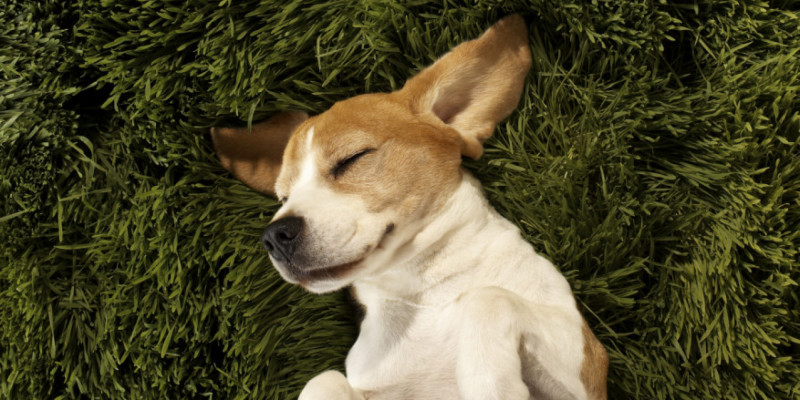Anyone who’s ever owned a dog knows that sometimes, they double as vacuum cleaners. Whether it’s a defiant toddler or a careless cook, food sometimes ends up on the floor, and most dogs (and cats!) are more than happy to be of service.But while those scraps might seem innocuous, pet owners should know there are some foods that are harmless to humans — but deadly for pets.Want to know what to watch out for? We did the homework for you. According to the ASPCA, the Humane Society, and the Pet Poison Helpline, there are seven human foods and medications that could be toxic to pets.AvocadoSeems harmless, but the persin in avocado can be mildly toxic to cats and dogs–particularly smaller ones, who can experience heart congestion if they eat too much.Onions, garlic, and chivesThese allium plants are especially dangerous for cats, and can cause anemia and red blood cell damage if consumed in excess. However, these plants are okay in small doses, so no need to worry about the minimal amounts sometimes used in pet foods.Grapes and raisinsResearchers believe a mycotoxin in these fruits can cause liver damage and kidney failure in dogs, potentially resulting in a dramatic blood pressure spike and a coma.Macadamia nutsToo many macadamia nuts can be inflammatory to dogs. They may suffer from swollen limbs and tremors, and eventually, weakened nervous and digestive systems.Cooked bonesSince cooked bones become brittle, they can splinter and, when swallowed, potentially cause lacerations in the digestive system of dogs. The residual fat on cooked bones can also lead to pancreatitis.Coffee and chocolateCoffee and cacao seeds both contain methylxanthines. When ingested by dogs or cats, this substance can cause symptoms of vomiting and diarrhea, panting, hyperactivity, abnormal heart rhythm, tremors, seizures, and can potentially lead to death. Dark chocolate, including baking chocolate, can cause the most severe symptoms — it contains high levels of theobromine, which can damage a dog’s heart and nervous system.MilkThat classic image of a cat lapping up milk is false. Adult cats lack enough lactase, the enzyme that breaks down lactose, to properly digest milk. Drinking milk can cause digestive upset and diarrhea.If you notice any possibility that your dog or cat has ingested any questionable foods or substances, call your veterinarian or the Pet Poison Helpline (855-764-7661) right away.
Source: 7 Human Foods That Could Make Your Pet Sick | Thrive Market


